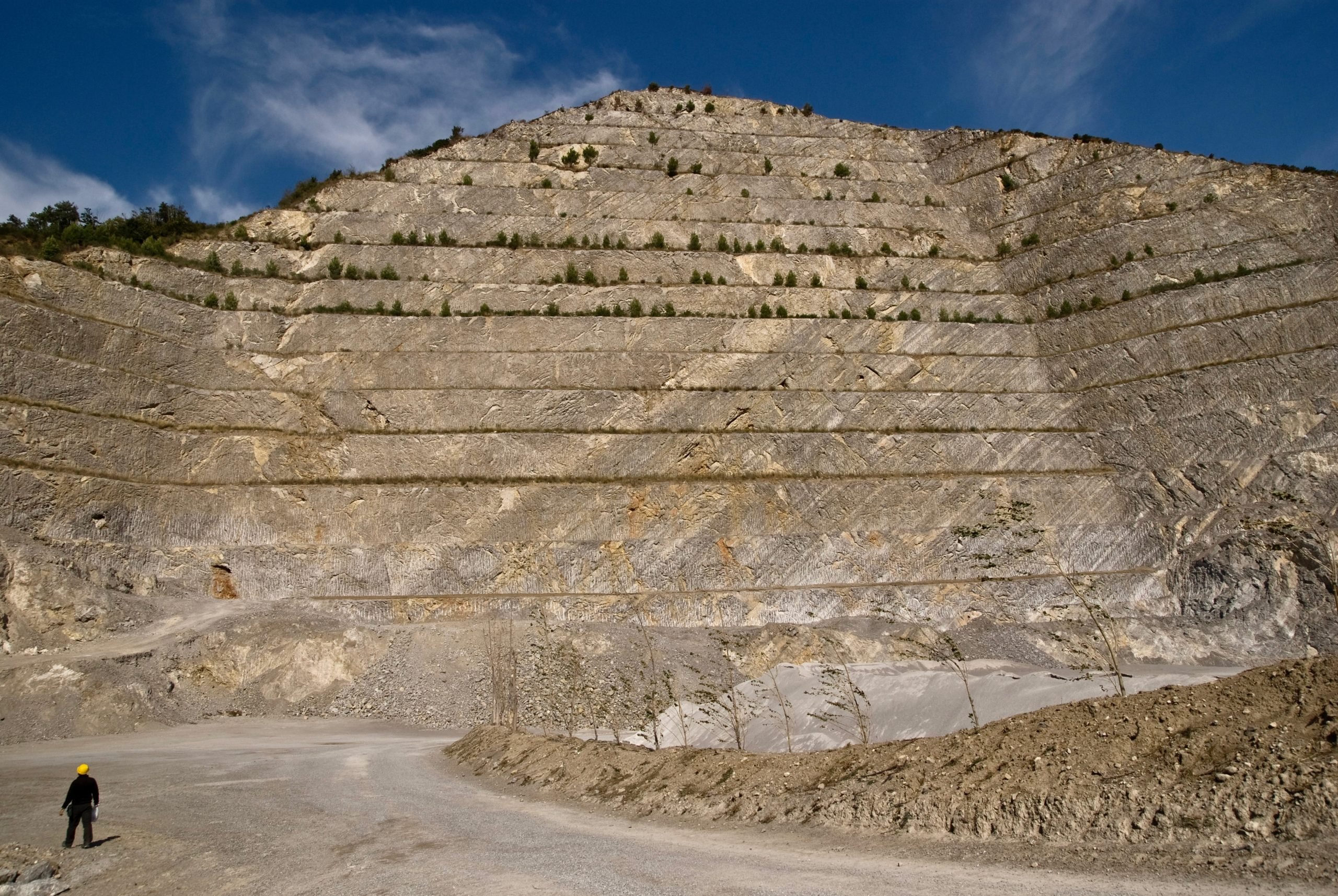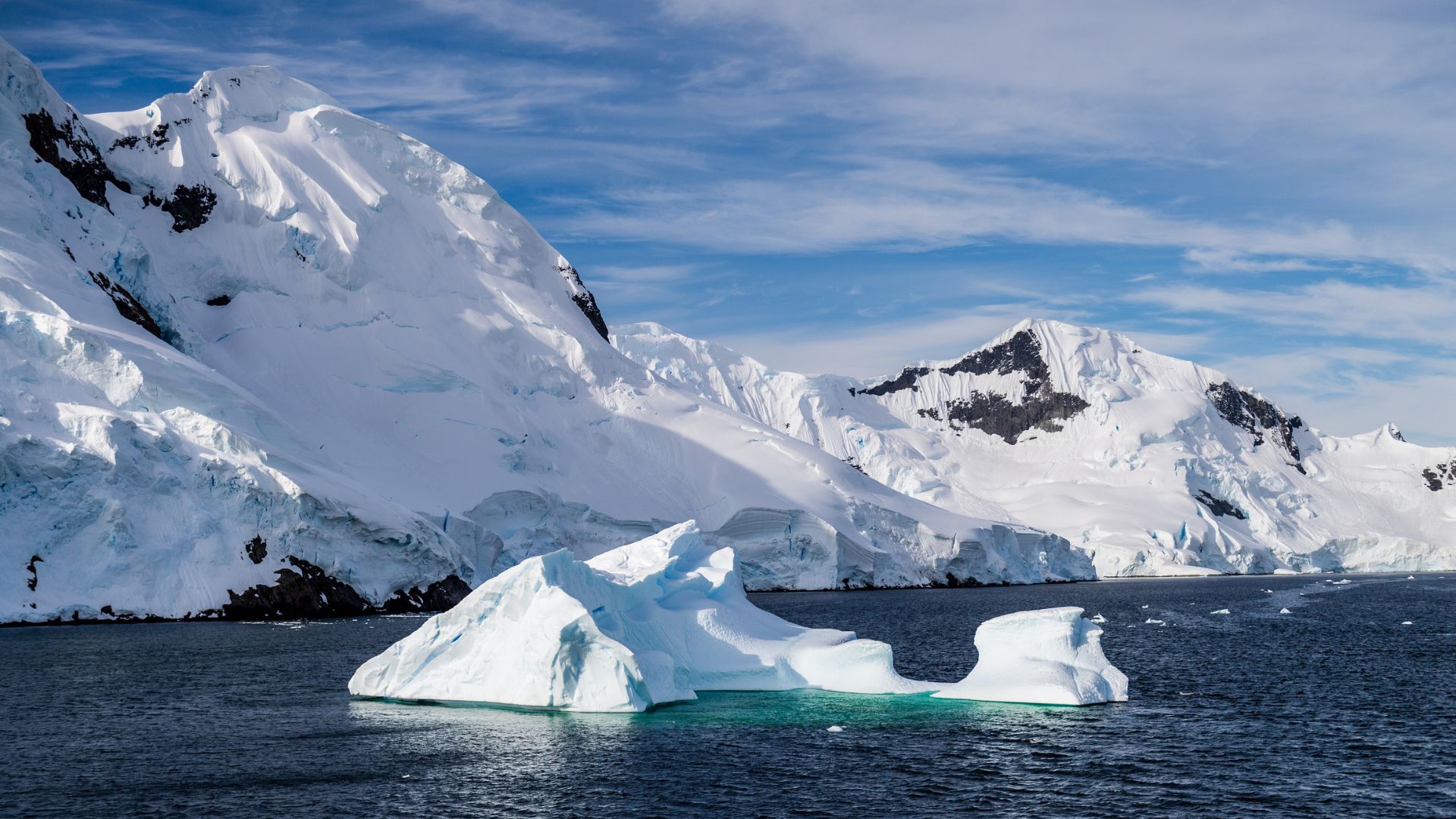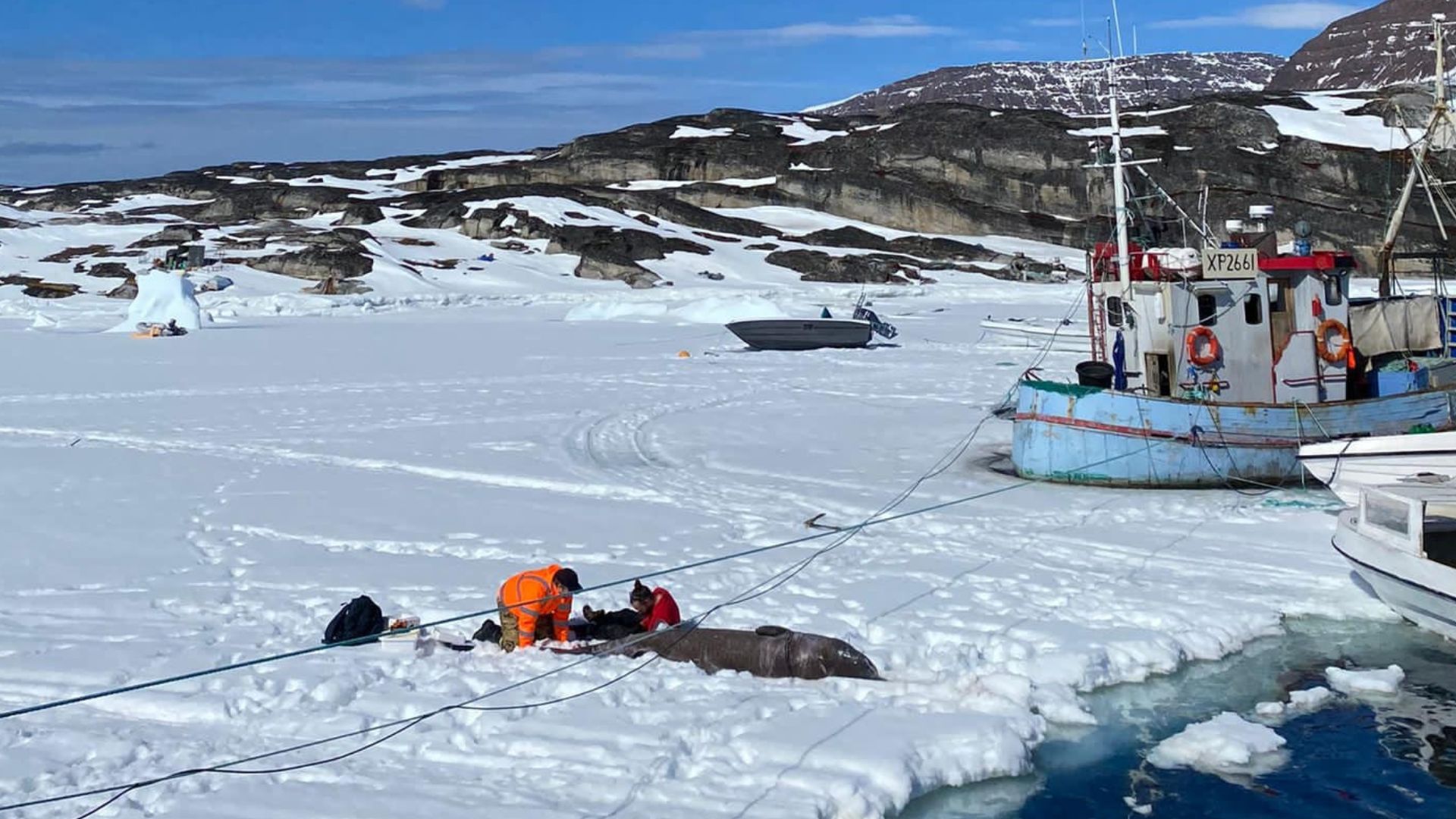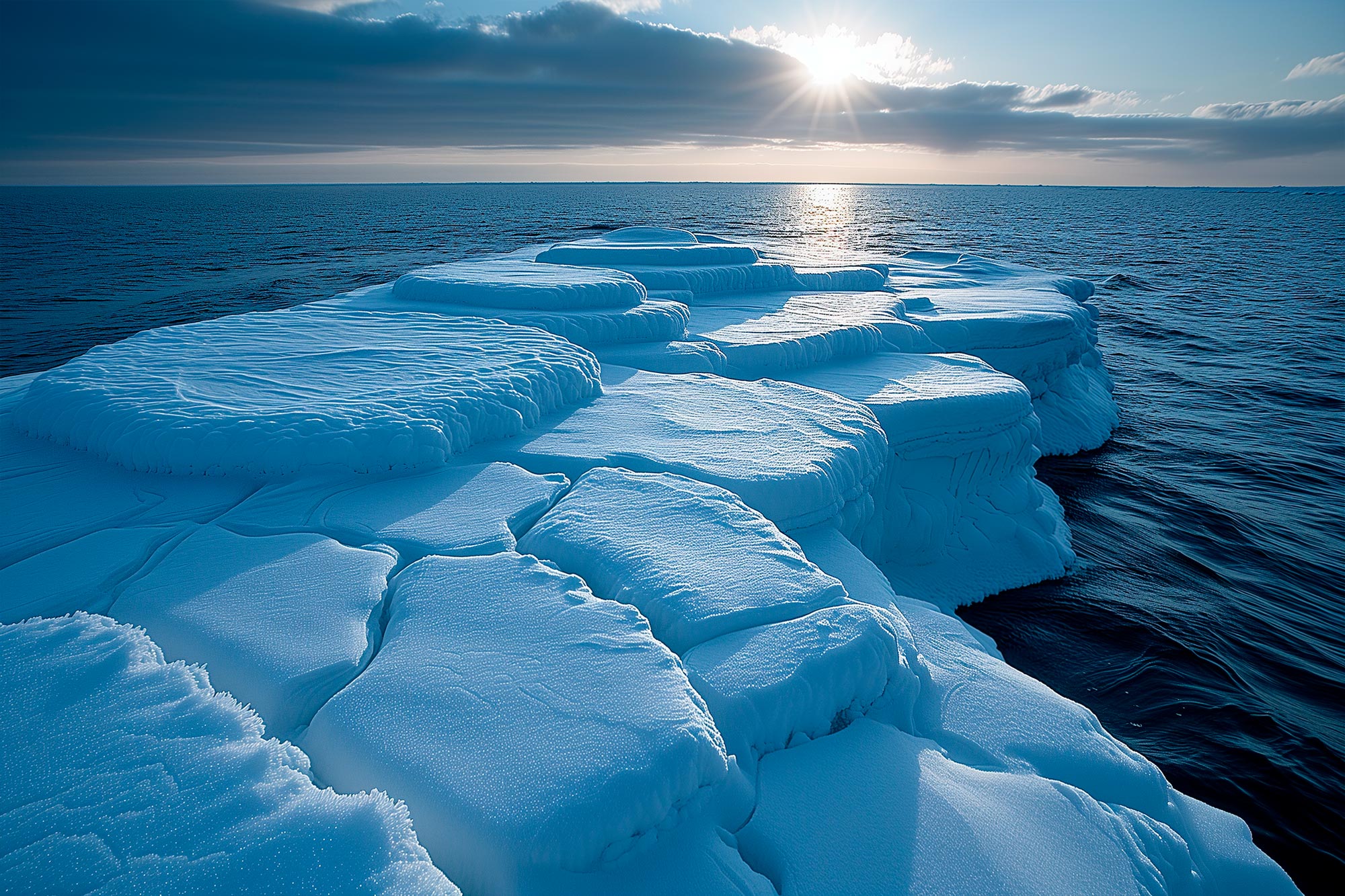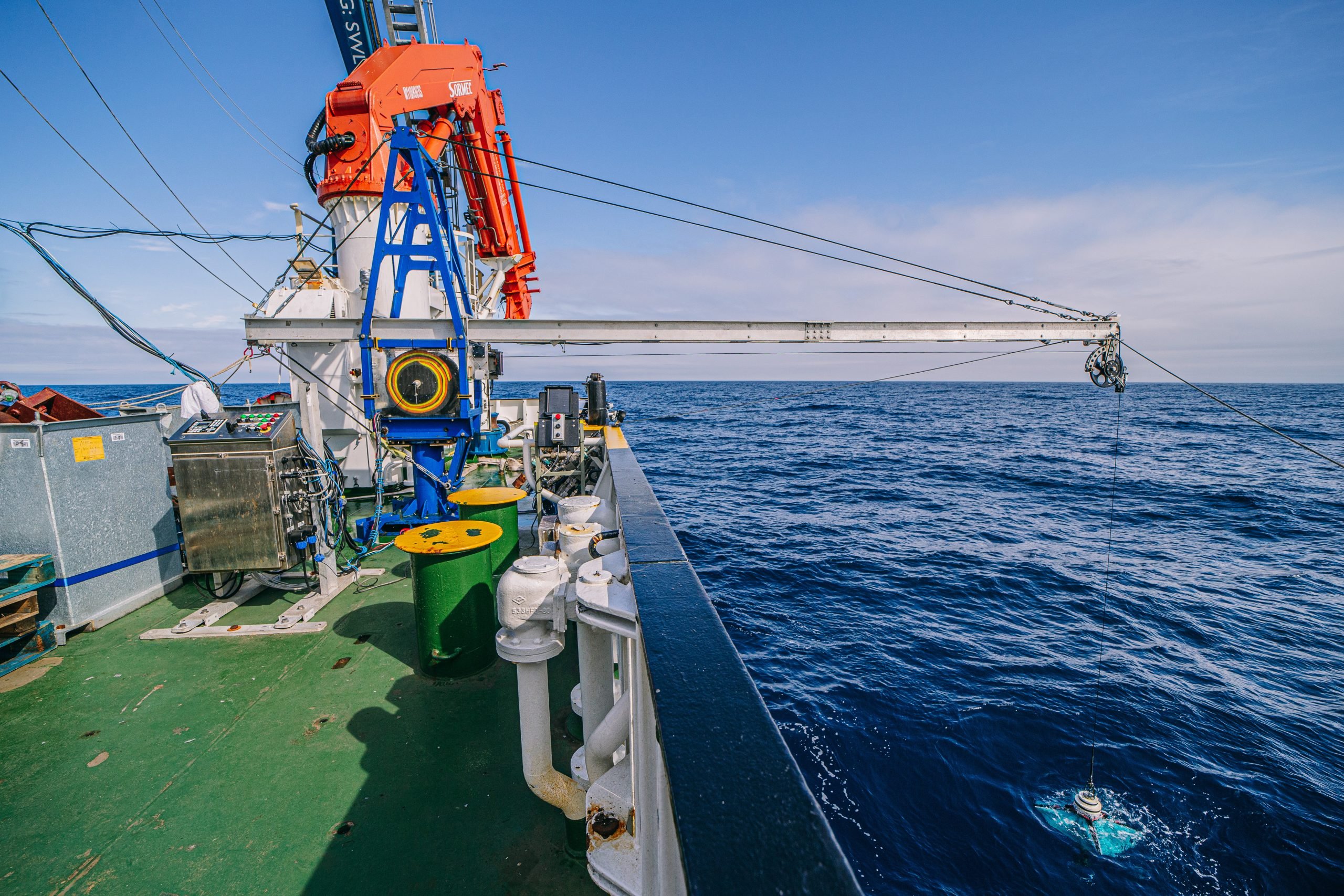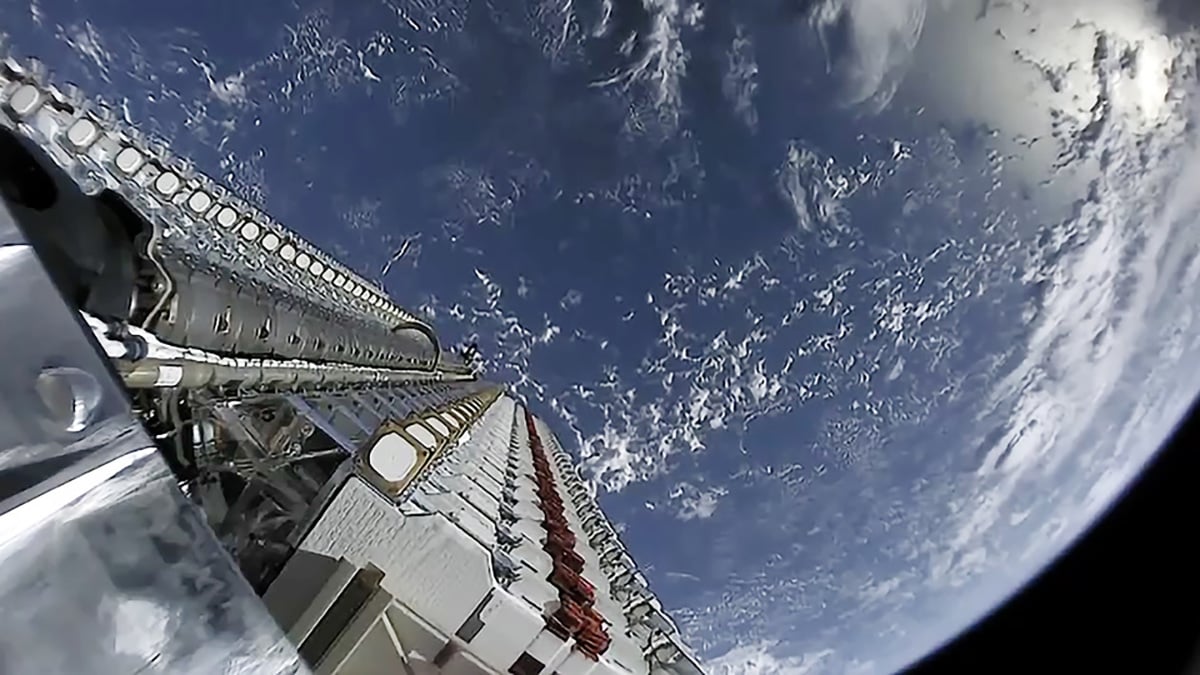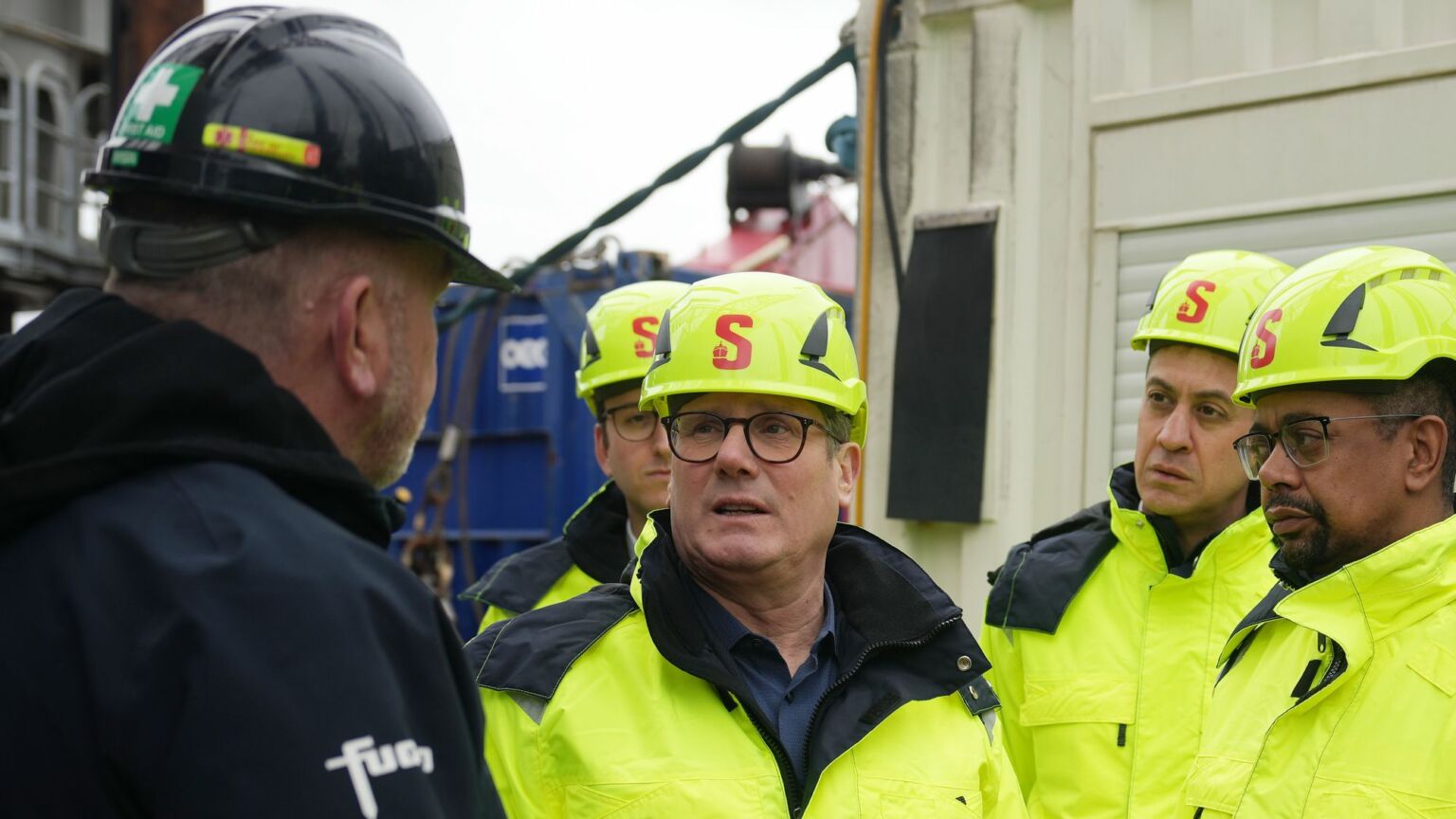Scientists reconstruct collapsed Antarctic glaciers using 1960s aerial photographs
Antarctica’s Larsen Ice Shelf has been breaking up for decades, but the 2002 Larsen B collapse was particularly dramatic. After being stable for at least 10,000 years, a large section of the shelf broke apart, with repercussions felt across the planet. The widespread changes in Antarctica have been extensively studied and published, but contextualizing and … Read more

